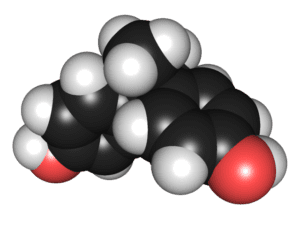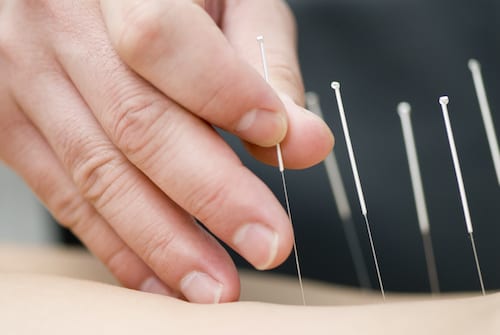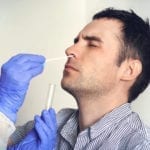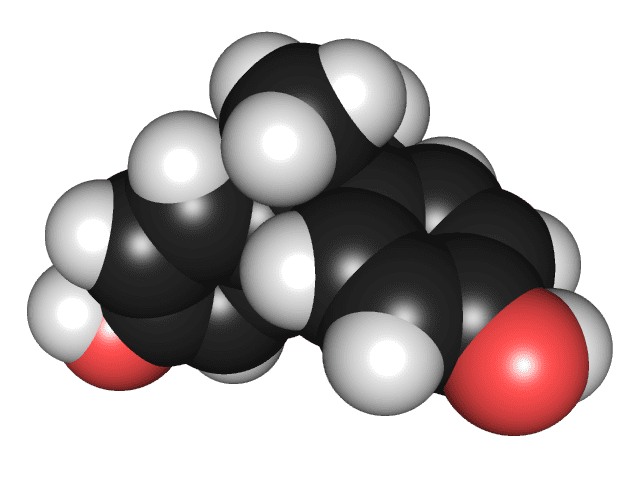The concerning news about ongoing Bisphenol A (BPA) exposure in the US population continues to come from a variety of sources, including an editorial in the Huffington Post (1).
BPA is an organic compound used to make polycarbonate plastic and epoxy resins, and has been used in a wide variety of consumer products, from baby bottles to cash register receipt coatings. Concerns about the health effects of BPA started to appear in 2007 , and in 2010 Canada declared BPA a toxic substance. BPA is known to have estrogenic activity, which can disrupt the body's own hormonal systems.
effects of BPA started to appear in 2007 , and in 2010 Canada declared BPA a toxic substance. BPA is known to have estrogenic activity, which can disrupt the body's own hormonal systems.
BPA is ubiquitous in consumer products, despite efforts to remove it from some, including liners of food cans (i.e. Campbells), coatings of store recepts, and dental sealants.
1. BPA exposure, especially in the perinatal period, may
- have persistent effects on obesity;
- adversely affect brain development and function;
- predispose to addiction by altering dopaminergic funciton;
- affect thyroid function;
- predispose to breast cancer;
- affect sexual and reproductive function adversely;
- lead to prostate enlargement and possibly increase risk of prostate cancer. (2)
2. Despite efforts to remove BPA from human contact, recent research and news has found:
- People absorb BPA through the skin via coated paper products like cash register receipts, even ones labeled “BPA-free” according to an article in Chemical and Engineering News (3);
- BPA levels in the fetus are higher than in the mother (it's bioconcentrated, at least in rats) (5);
- An article just released in Pediatrics links in utero BPA exposure and neurobehavioral problems at 3 years in girls (4).
Effects on developing fetuses have been much more clearly demonstrated than on adults. But that doesn't mean it's not having effects – it's just harder to show less dramatic effects.
Efforts to remove BPA from baby products are fine, but really inadequate. Like Europe, we need to take more aggressive action to remove BPA from our ecosystem completely. Until then, parents, parents-to-be, and probably every else needs to educate themselves and be very aware of products they are in contact with.
Paul Abramson MD
References:









